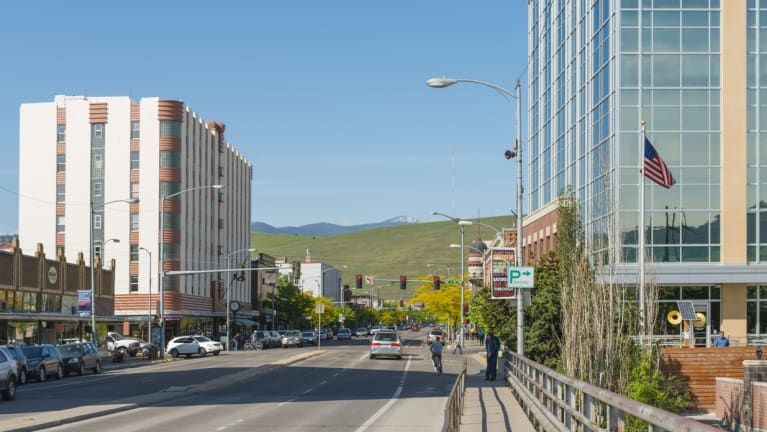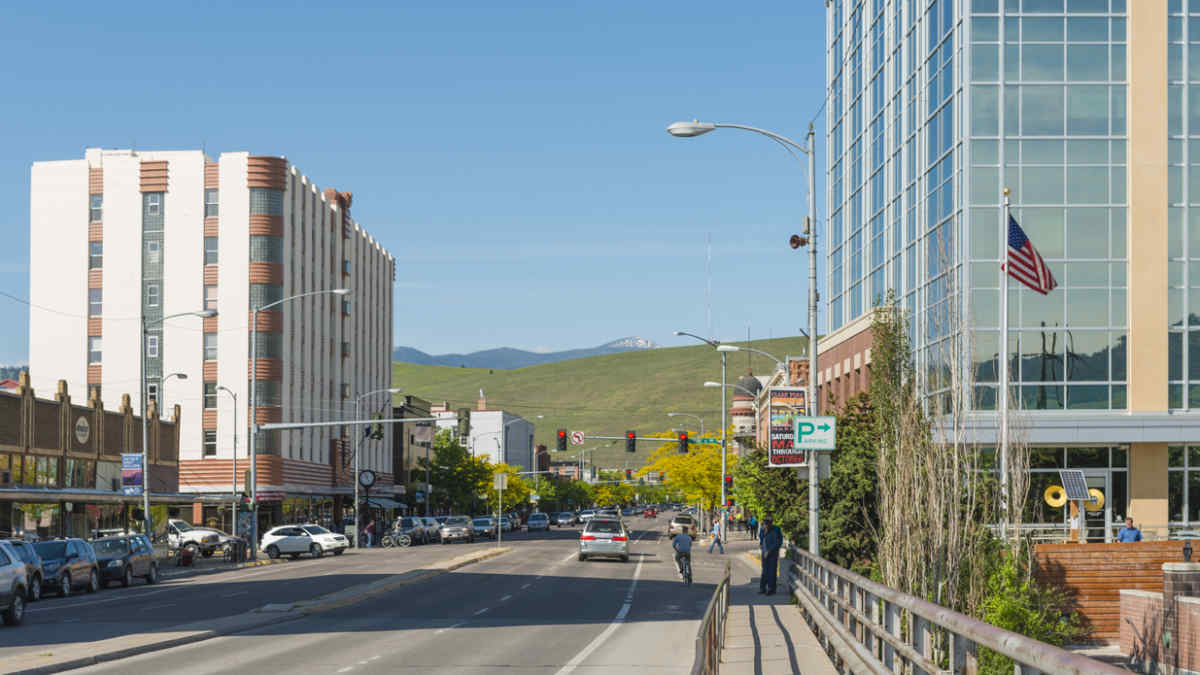

?A new University of Montana study shows that more service industry workers across Montana are quitting compared to other industries. Forty-seven percent of service and hospitality industry respondents said they had left a job since the beginning of 2020, 25 percentage points more than for other industries in Montana, according to the Institute for Tourism & Recreation Research at the University of Montana.
Citing stress, high housing prices, lack of adequate child care and the onslaught of COVID-19, workers—particularly women—have walked away from jobs that had been lucrative and sometimes overstaffed before the pandemic hit, according to the study.
While some of those workers have moved on to other jobs, the businesses where they used to work are experiencing staffing shortages. And blue-collar residents are struggling more than ever to afford housing in areas where home prices skyrocketed when remote workers from across the country bought up available houses and apartments.
Retaining Staff
Denis Keast, co-owner of Catalyst Cafe in Missoula, Mont., finds himself reluctantly going easy on his current employees if they are late or decide to take the day off without notification. Keast said that Catalyst Cafe currently has a “great staff,” yet he worries about his employees quitting in light of the cafe’s staffing shortages that started in 2020. He said that he goes out of his way to retain his current employees because they are “indispensable.”
“I am scared they might quit,” Keast said. “Everything seems so volatile, so unsteady. So, on top of all the other stress of running a business, I am always worried about keeping everyone overly happy—and that is exhausting.”
In 2007, Keast and his husband bought the breakfast and lunch establishment, which has been in operation since 1991. As the pandemic intensified, businesses across the country temporarily or permanently shut down; Catalyst Cafe closed for three months in 2020, Keast said. The owners then changed their business strategy to fit the public’s needs during lockdown and afterward, established public safety protocols in the cafe’s dining room, and provided face shields for all staff.
In early 2020, Catalyst Cafe employed 20 staff members. Seven of those 20 employees “left due to not wanting to work with the public, or not feeling fulfilled any more by working in food service,” Keast said. And with just 14 employees this summer, Catalyst Cafe now closes for two days each week because of staffing shortages, Keast said.
He also noted that as an independent establishment, the cafe sometimes closes early or seats fewer tables to accommodate staff constraints. Keast said that the cafe’s bottom line may suffer in the short term, but he has found that shortening the days and hours of operation “maintains our mental and physical resolve for the long term.”
Housing Challenges
A butcher in Montana left his kitchen job last year to escape its low wages and long working hours. He noted that Missoulans often have a hard time making ends meet because housing costs have sharply risen over the past few years, and the service industry’s wages do not compensate enough for the cost of living. Part of the issue stems from the wealthy, new residents moving to Missoula during the pandemic, he said.
“The working class is being forced out by wealthy out-of-staters,” he said, asking his name not be used for fear of retaliation. “You basically have people who work full-time jobs living out of tents and campers all around town. But they are full of [service industry] workers who are trying to stick it out. For example, they shower at the truck stop before work because they can’t afford their own place.”
Over 49 percent of Missoula county renters and 24 percent of Missoula county homeowners are “cost burdened,” meaning they pay more than 30 percent of their income for housing, according to a housing report published by the City of Missoula.
Keast agrees with the butcher that Missoula’s wealthy population has increased since the onslaught of the pandemic. “From my understanding,” he said, “many of these people can work remotely, so they want to live in a beautiful spot, which is Missoula. But the work they do doesn’t benefit our local economy, so it causes an imbalance.”
“There is no housing for people making minimum wage, and without those people, there is no one available to feed and service this influx of new residents,” Keast said. “It is an unsustainable cycle.”
Sarah Dolezal is a freelance writer in Athens, Ga.

